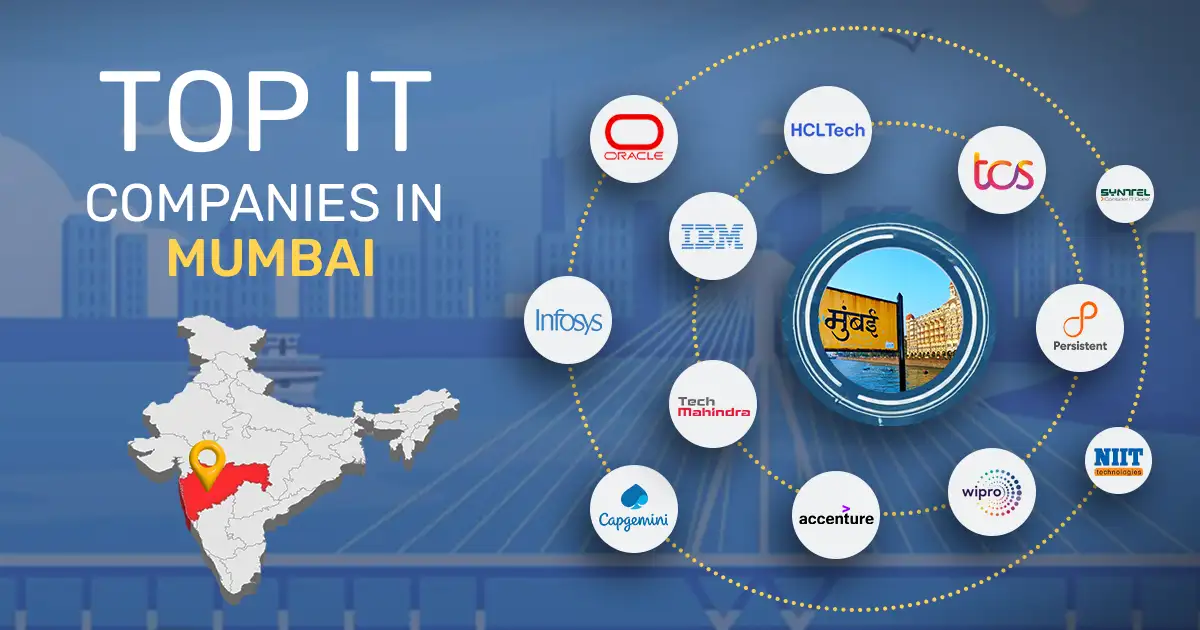
Introduction: Understanding the Importance of Validating Your Startup Ideas in India
Starting a business is an exciting journey, but before you dive into the deep end, it’s crucial to validate your startup ideas in India. This step is often overlooked by many entrepreneurs, yet it plays a pivotal role in determining the success or failure of a new business. Whether you’re planning a new business start-up in India or are still brainstorming startup ideas in India, validating your ideas ensures that you are heading in the right direction.
In a thriving and competitive market like India, startups in India have the potential to change industries and societies. However, with so many start up companies in India emerging each day, how can you ensure that your startup ideas in India stand out? How do you know your idea is worth pursuing? In this comprehensive guide, we will walk you through the essential steps and resources to validate your startup ideas in India effectively. By the end of this blog, you’ll have a clear roadmap to ensure your business start-up in India is viable and ready for growth.
For more information on how to validate and register your startup in India, visit RegisterKaro today! Let us help you turn your startup ideas in India into a thriving business.
Overview: How to Validate Your Startup Ideas in India
Validating your startup ideas in India is one of the most crucial steps in ensuring the success of your business in India’s competitive market. Before you invest time, money, and resources into building your business, it is essential to confirm that there is a demand for your product or service. Validating your ideas will help you assess their feasibility, identify your target audience, and gauge the competition. This guide provides a step-by-step approach to help you validate your startup ideas in India effectively, ensuring that you are making informed decisions.
From identifying the problem you new business startup in India solve to conducting market research and building a Minimum Viable Product (MVP), this guide walks you through the key processes involved in validating your deas in India. Additionally, you’ll learn about the importance of financial viability, leveraging online platforms for feedback, and utilizing tools like Google Trends, Kickstarter, and SurveyMonkey.
The goal is to reduce risks, avoid costly mistakes, and ensure that your best start up business in India have the potential to succeed in the Indian market. With expert advice from RegisterKaro, you can receive guidance on everything from business registration to funding options, ensuring your new business startup in India is legally compliant and financially feasible.
Steps to Validate Your Startup Ideas in India
Validating your new business startup plan is not just about asking friends and family whether they like your business concept. It involves conducting thorough research, testing, and gathering valuable insights to ensure there’s a market for your product or service. Let’s break down the steps you need to take.
1. Identify the Problem Your Startup Solves
A startup idea in India should be designed around solving a specific pain point for a customer. To do this:
- Ask yourself: What problem do my startup ideas in India solve?
- Who is affected by this problem?
- How urgent is the problem for the target audience?
Tip: Try to focus on problems within industries like e-commerce, healthcare, technology, and fintech—some of the most lucrative ideas.
Looking for professional assistance in validating your ideas? Contact RegisterKaro today and take the first step toward building a successful business start-up in India!
2. Conduct Market Research
Market research is crucial to ensure that there is a demand for your solution. Conduct both primary and secondary research to understand the competitive landscape, customer needs, and market trends.
- Primary Research: This involves directly engaging with your target audience. You can conduct surveys, interviews, and focus groups to gather firsthand feedback. Use platforms like Google Forms, SurveyMonkey, or Qualtrics to create surveys that ask your potential customers about their needs and pain points.
- Secondary Research: Review industry reports, case studies, and competitor websites. Research the market dynamics of your new business startup in India. Look at startups in India and analyze their business models to see if there’s room for your startup ideas in India.
Validate your startup ideas in India with expert research & insights. Let RegisterKaro guide you in choosing the right path to success. Get started now!
3. Test Your Ideas with a Minimum Viable Product (MVP)
Once you’ve gathered enough insights, it’s time to build a Minimum Viable Product. An MVP is a simplified version of your product that you can test with a small group of users. The goal is to see if people are willing to pay for your product or service and to learn what improvements need to be made before full-scale production.
- Create a prototype or a simple website/app.
- Share it with a select group of users and gather feedback.
- Make adjustments based on this feedback.
Building an MVP allows you to test the waters before diving in fully, minimizing the risk and cost associated with a new business start-up in India.
4. Assess the Financial Viability of Your Startup
Money is often the biggest hurdle for entrepreneurs. Before you get started, you need to assess whether your startup ideas in India can be profitable in the long run. Conduct a financial analysis to determine:
- Startup costs: Before launching, evaluate the initial expenses, including product development, marketing, and operational costs, to ensure financial preparedness.
- Revenue models: Define how your startup ideas in India will generate income—whether through direct sales, subscriptions, advertising, or other revenue streams.
- Pricing strategies: Develop competitive pricing by analyzing market trends, customer demand, and cost structures to balance affordability and profitability.
- Profit margins: Calculate the difference between revenue and expenses to determine long-term sustainability and growth potential.
- Funding requirements: Assess the capital needed to launch and sustain your startup ideas in India, exploring funding sources like bootstrapping, angel investors, venture capital, or business loans.
Financial projections and cost estimates will help you understand if your startup ideas in India are financially feasible and ready to scale.
Secure your startup ideas in India’s financial future! Assess costs, revenue models, and funding options with expert guidance. Partner with RegisterKaro today!
5. Validate Through Online Platforms and Communities
One of the easiest ways to validate your startup ideas in India is by leveraging the power of online communities. Platforms like Reddit, Quora, LinkedIn, and Facebook offer insights into your potential customers’ concerns and opinions.
- Engage in discussions and ask questions about your product or service.
- Join relevant industry-specific groups to get feedback from experienced entrepreneurs.
- Use crowdfunding platforms like Kickstarter or Ketto to gauge interest in your startup ideas in India.
By engaging directly with your audience on these platforms, you can refine your startup ideas in India and ensure that they resonate with the market.

Tools and Resources for Startup Ideas Validation
To assist in your journey, here are some tools and resources that can help streamline the startup ideas in India:
- Google Trends: Understand what people are searching for and see how your startup ideas in India align with current market demands.
- SEMrush: Analyze the digital footprint of your competitors and understand their strategies.
- Typeform: Create surveys to collect feedback from potential customers and investors.
- Kickstarter: Crowdfunding can help you gauge public interest and even secure funding for your startup ideas in India.
Importance of Market Research and Testing
Market research and testing are pivotal because they validate your assumptions, reduce uncertainty, and confirm that you are targeting the right audience with the right product. Without validation, you might end up wasting resources on a product that doesn’t meet market needs.
Testing ensures that you avoid common startup pitfalls. According to studies, failure to conduct market research is one of the primary reasons why startups in India fail. So, before you proceed with your new business start-up in India, ensure you’ve done thorough testing and have solid proof that your startup ideas in India are worth pursuing.
Need help with startup validation? Contact RegisterKaro for expert guidance today!
RegisterKaro’s Role in Guiding Startups Through Idea Validation
RegisterKaro understands the unique challenges that entrepreneurs face when validating their startup ideas in India. With years of expertise in the Indian startup ecosystem, we provide guidance on:
- Business registration: We assist in registering your startup companies in India, ensuring you comply with all legal requirements.
- Funding: We help you explore the best sources of funding for your startup ideas in India, from venture capital to government schemes like Startup movement.
- Legal Compliance: From GST registration to intellectual property rights, we ensure that your startup ideas in India are legally protected and compliant.
Our team of experts will help you navigate the complexities of the Indian market, ensuring that your startup ideas in India are validated and ready for success.
Conclusion: Validate Before You Launch
Validating your startup ideas in India is crucial to ensure its success in a competitive market. The validation process involves rigorous research, testing, and feedback to confirm whether your startup ideas in India have the potential to thrive. Use the steps outlined in this guide, leverage available tools, and seek professional advice to ensure your startup ideas in India are built on a solid foundation.
Ready to validate your startup ideas in India and take them to the next level? Contact RegisterKaro today for expert assistance with startup registration and validation.
Frequently Asked Questions
The first step is to identify a real problem that your business can solve, ensuring that there is demand for your solution.




